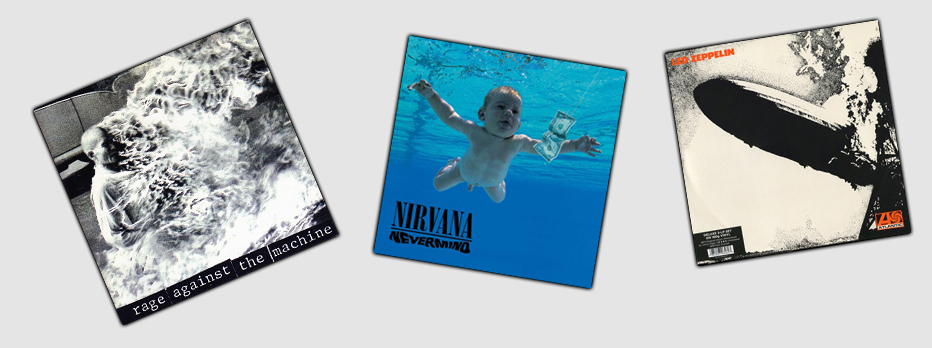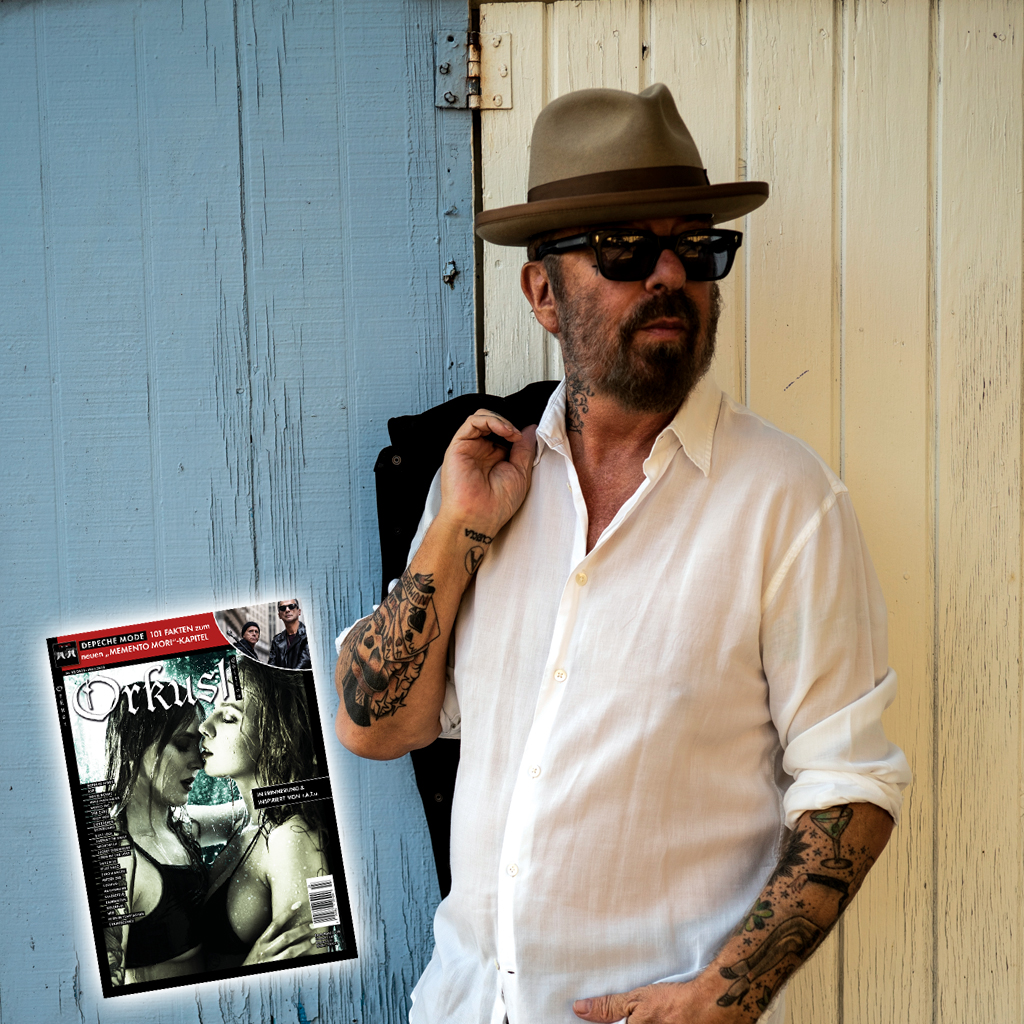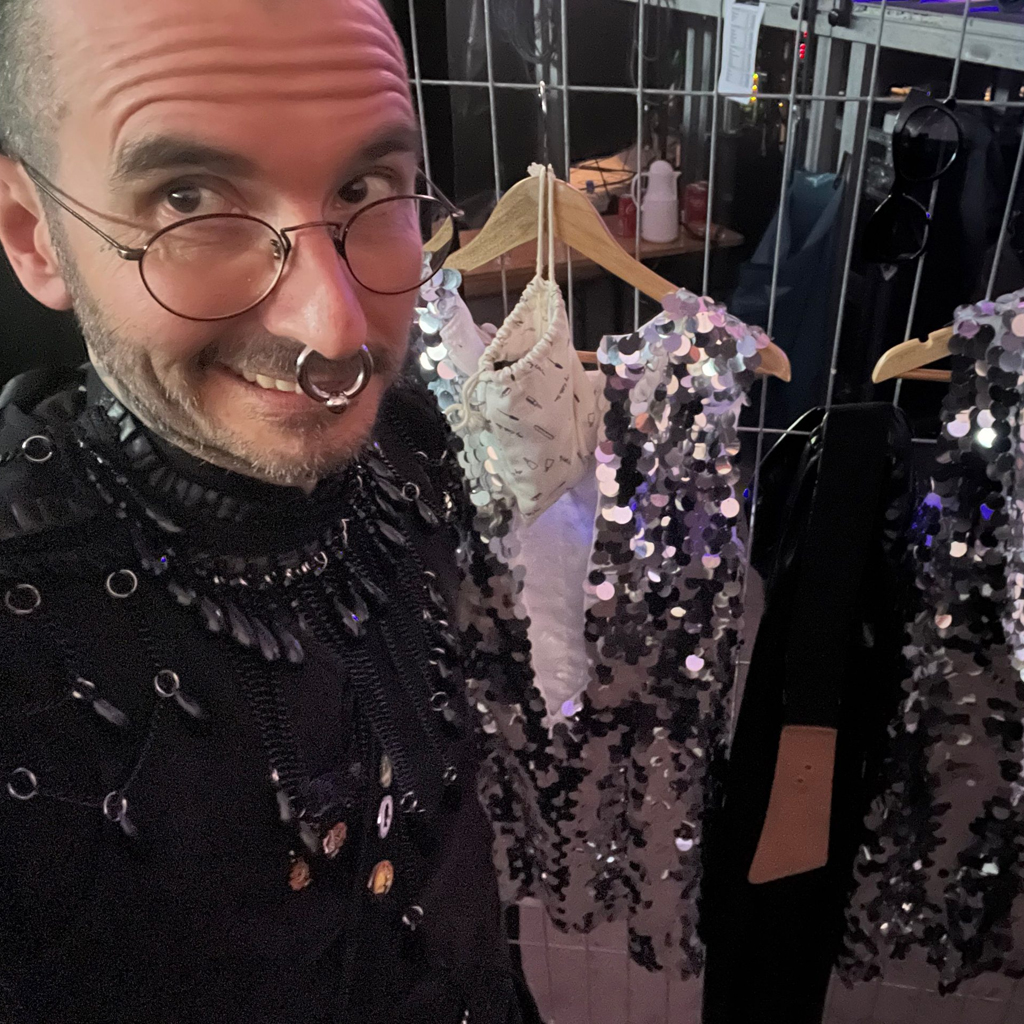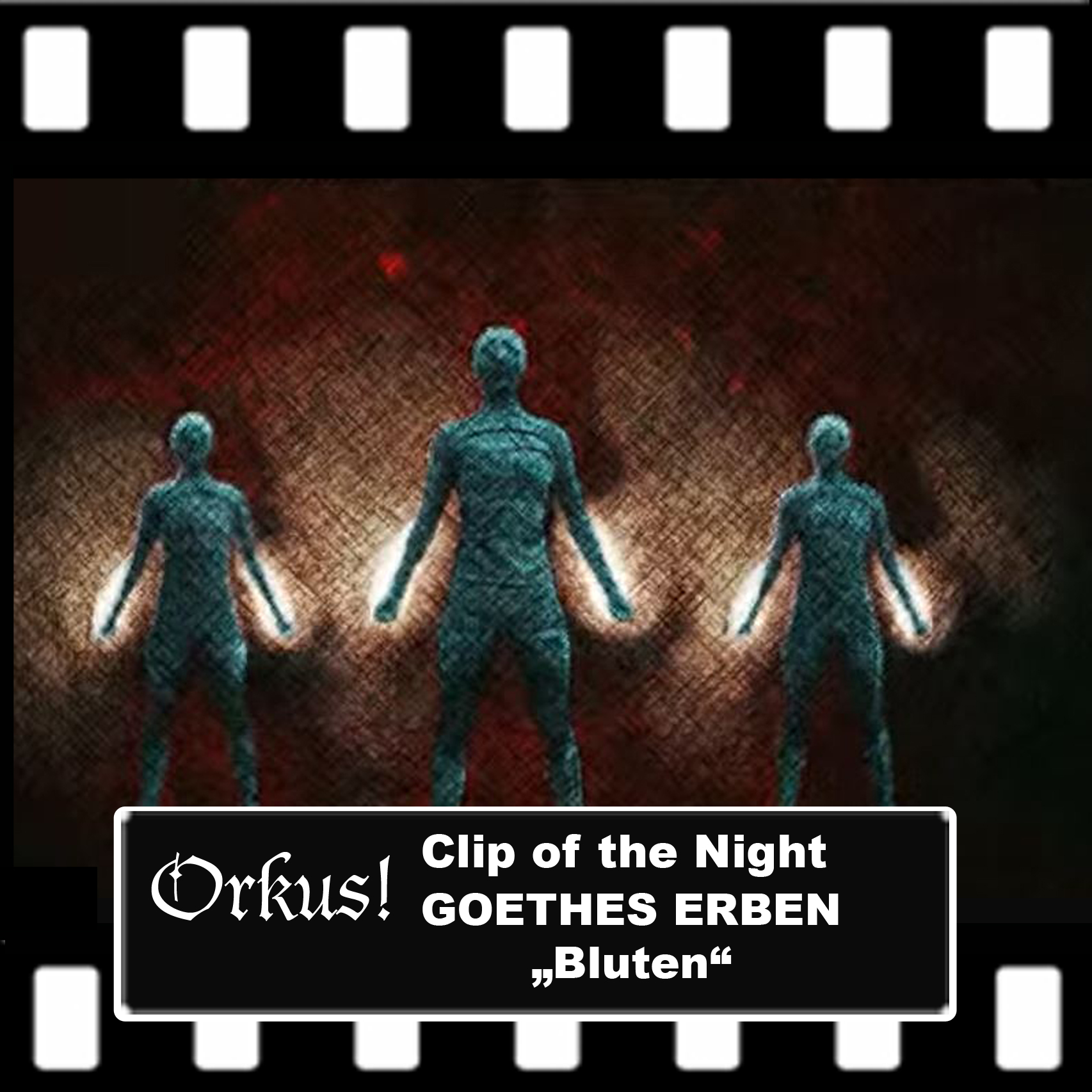DiNA: What is behind “Diener”? Clarification in the interview!
Everyone is someone’s servant. This may not be a nice realization, but it is inspiration for DiNA‘s choice of name. With their self-titled debut, released on 03/31/2023, they don’t mince words. The band was formed in 2021, but its members – whose identities remain secret – have known each other for much longer: “We appreciate each other as musicians, have similar influences and heroes,” the quartet confirms. We talk to the formation about these influences, toxic parenting methods and much more.
Formative albums:
Rage Against the Machine – “Rage Against the Machine”
DiNA: “Your anger is a gift” is a line that certainly shines through many passages of our songs, both instrumentally and lyrically.
Nirvana – “Nevermind”
D: With that, Nirvana really put guitar music with a disturbing teen mindset and penchant for self-destruction on the map of the mainstream without ever wanting to be serious about it. The record simply must not be missing anywhere.
Led Zeppelin – generally
D: Led Zeppelin are probably the forefathers of the whole riff violence, playfulness but also virtuosity and all in all probably always an inspiration for people who love handmade music. What these four guys created together on stage describes the word “live” in its cleanest, purest form.

Orkus: What is the meaning of your band name DiNA?
D: The first song we wrote together is called “Diener”. It is the cornerstone of our shared musical vision. We thought it made sense to derive the band name from that, but not to spell it out as clearly. He is our mantra: we are all DiNA.
O: If you already mention it: Already in “Diener” you find clear words to our society. How did the piece come about?
D: We are all dependent on so many insane factors, whether it’s a sexist old white man boss, the eternal “hustle” that neo-capitalism tells us to do, our backgrounds our diagnoses, and so on. – Issues that we are all partially powerless over, that we just can’t seem to change, and yet that so categorize and prejudge us. In this context, our credo was clear from the beginning: we do not forbid ourselves to write, play or say things, neither musically nor in terms of content. So we wrapped that up in the fact that we are all “servants.” We are all “DiNA”.
O: How can we imagine in general the becoming of the album?
D:We’ve all made music before in other bands and projects, been in situations where egos and ideas have clashed, people from outside, whether from industry or family have made claims and or put pressure on. It was all different with DiNA. Simply because we didn’t really want anything more with it than to have fun and surround ourselves with people we each appreciate, as characters and artists. That’s exactly how it manifested itself in the way we worked: We just wrote and had the ten songs that now make up this album together surprisingly quickly.
O: Was there also one or the other song or part of the lyrics where you first had to discuss whether it should really be expressed so bluntly and clearly?
D:Definitely. But the discussion was a very welcome part of the process and made the musical work so interesting in the first place. We were all 100 percent “on” while writing and lyricizing these songs, able to converse on topics that interested and concerned us, and grew from it as a group of people.
O: A particularly inspiring song is also “Sorgenparasit”. What was the source of inspiration here?
D : “Sorgenparasit” tells the difficult story of a “parent-child relationship” full of expectations and sometimes toxic projections onto the child, which the child has to fulfill. Not for its own sake, but to meet the dreams of the supposed educator. On some levels, the conflict of this special relationship won’t let us go, no matter how old we get.
O: So far, your identities have not been revealed. What is the advantage of hiding behind a mask?
D: We don’t hide behind the masks. DiNA sees itself as a movement. We address those topics that touch and move us all, or at least we think they should. We do not consider it useful to dilute this energy and conviction with faces, egos and vanities.
O: What does looking into the crystal ball say?
D : Being on stages and being able to share our music with other DiNAn.
Interview: Claudia Zinn-Zinnenburg

The self-titled album can be ordered here.




